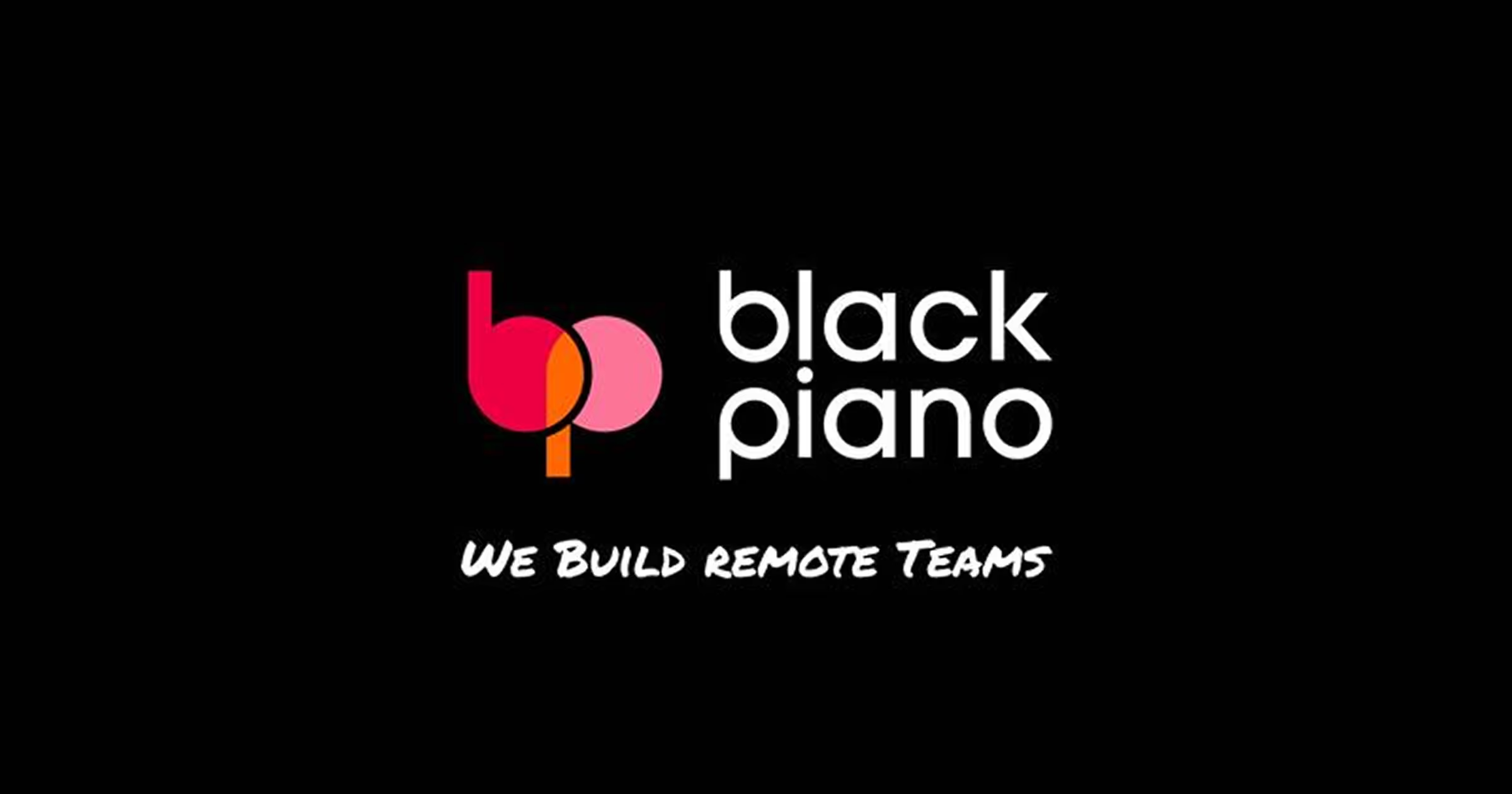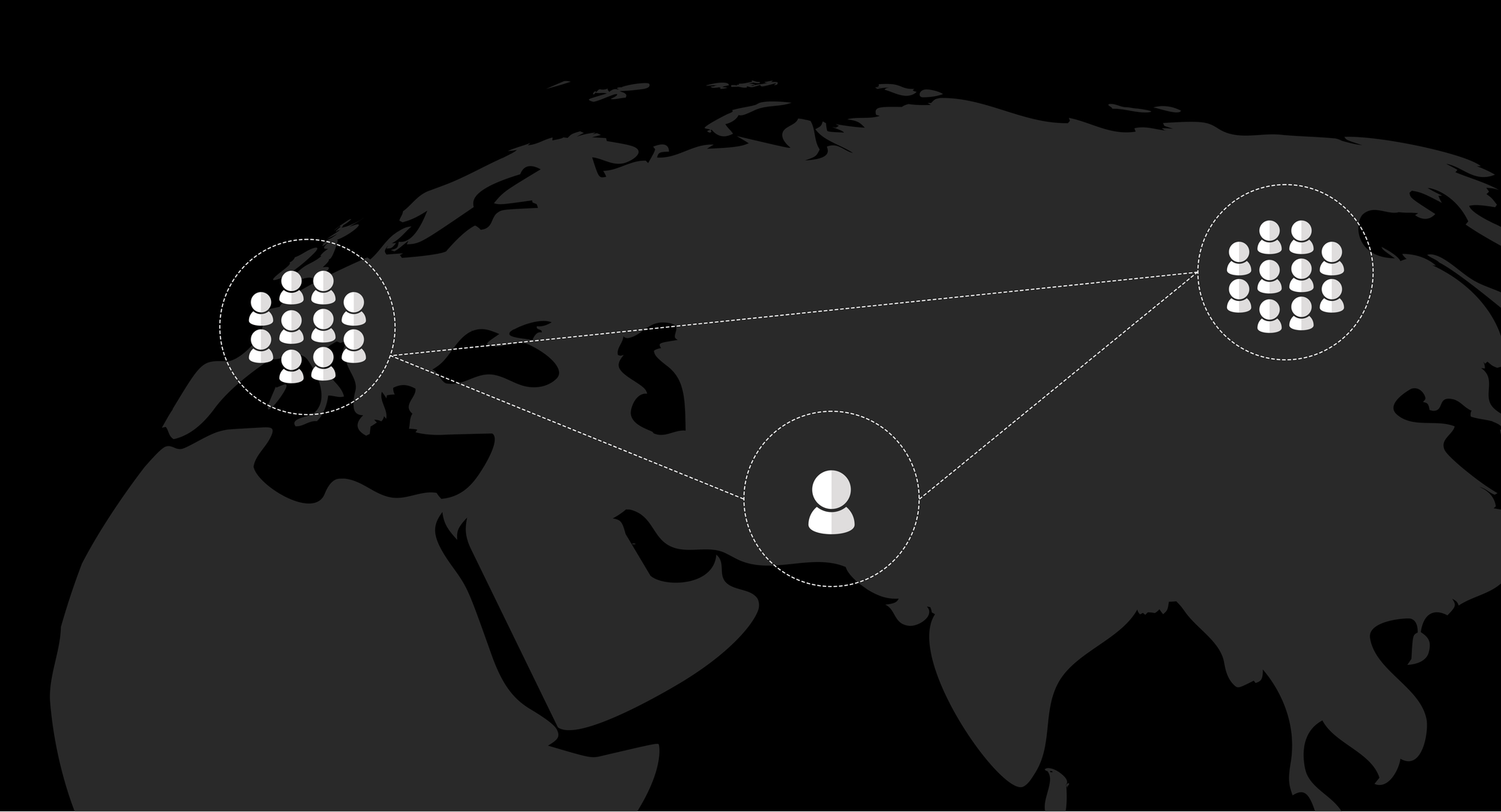Key takeaways
1. HR outsourcing helps small and mid-size businesses reduce costs, manage compliance, and access specialist expertise while supporting AI adoption, automation, and remote workforce management at scale in 2026.
2. Modern HR outsourcing is strategic and flexible. Top trends include using AI, analytics, cloud platforms, and modular services to support growth, improve employee experience, and enable confident remote hiring, including offshoring to India.
3. Businesses should assess HR readiness for 2026 to make an informed decision regarding outsourcing needs. They should start by identifying pressure points, choosing scalable outsourcing models, and using hybrid approaches to balance control, flexibility, and expert support for distributed teams.
In 2026, businesses are under pressure to do more with less. Costs are rising. Skills are harder to find. Employment laws keep changing. As a result, managing HR in-house is no longer easy or efficient for many organisations.
HR outsourcing helps steady things.
It cuts overheads. Improves compliance. And gives you access to specialist support, without adding permanent hires. It also makes remote teams easier to manage and lets the business scale faster, without the growing pains.
As per latest HR outsourcing statistics, 57% of companies outsource at least one HR function to improve efficiency and access specialist expertise. Furthermore, HR outsourcing delivers an average ROI of 191%, showing strong cost and performance benefits.
In this guide, we explore the key HR outsourcing trends in 2026. You will learn how AI and automation are reshaping HR delivery, how remote work is influencing outsourcing models, and why HR outsourcing is becoming more strategic than operational.
What is HR outsourcing?
HR outsourcing is when a business hires an external provider to manage HR tasks, such as payroll, recruitment, compliance, or employee support.
It is widely used by small and mid-sized businesses, fast-growing companies, startups, and remote-first teams. It helps reduce workload, control costs, and access specialist HR expertise without hiring in-house staff.
Common services include recruitment process outsourcing, payroll management, employee benefits and compliance support, letting you focus on core business goals.
All of it frees you up to focus on what actually moves the business forward.
Read our detailed article on HR outsourcing services to learn more.
Why businesses are increasingly caring about HR outsourcing in 2026
HR teams are under pressure. Workloads are heavier, but resources are limited!
Many small and mid-size businesses struggle to keep up with this all while thinking about their core business functions and goals.
Here is why HR outsourcing matters more for businesses in 2026:
- HR overload: Small and mid-sized teams manage payroll, hiring, employee issues, and reporting with little support.
- Compliance risk: Employment laws change often. Mistakes in compliance lead to fines, disputes, and reputational damage.
- AI complexity: New HR tools are powered by AI. They promise efficiency, but require setup, data governance, and ongoing oversight.
- Remote workforce challenges: Managing payroll, contracts, and compliance across locations is harder than ever.
HR outsourcing helps businesses regain control. It reduces risk, simplifies operations, and supports modern, distributed teams. You’ll be working with experts who understand local labour laws, modern AI-powered HR tools, and manage payroll and contracts with confidence.
For in-depth understanding of HR outsourcing benefits for businesses in 2026, give our dedicated article a read.
8 Key HR outsourcing trends in 2026
1. AI-led HR outsourcing
AI is now doing a lot of the heavy lifting in HR outsourcing.
It helps teams hire faster. Screen candidates more accurately. And plan ahead, instead of constantly reacting.
Yomly’s data suggests that about 44% of organisations now use AI in recruitment and hiring to screen candidates, reduce time-to-hire, and automate repetitive tasks.
Tools such as Workday, Zoho Recruit, X0PA AI, and Peoplebox help HR outsourcing providers automate hiring, screen candidates, and plan workforce needs using AI.
2. Automation of routine HR processes
Automation is taking a lot of manual HR work off the table.
Payroll processing, employee data, onboarding, reporting - much of it is now handled automatically by outsourcing partners!
Relieving, isn’t it?
And that gives internal teams their time back. So that they can focus on higher-value work, like engaging employees and supporting leaders.
3. Data analytics-driven HR decisions
Data-led HR is a clear expectation in 2026.
78% of organisations now consider people analytics a top priority. This shows the growing focus on HR analytics for performance, retention, and workforce decisions in 2026.
HR outsourcing providers now offer built-in analytics to support better decision-making. This helps businesses gain clearer insights into employee performance, engagement, absence, and retention.
Furthermore, these insights help leaders plan workforce needs, reduce turnover, and improve productivity.
4. Strong focus on employee experience
Employee experience now sits front and centre for HR outsourcing providers.
Services are shaped around what employees actually need. Not just compliance. And not just cost control.
Outsourced providers focus on smoother onboarding, faster HR support, clear communication, and consistent policies. That all feeds into better engagement. Fewer early exits. And stronger retention. Especially for remote and offshore teams spread across time zones.
Related read – What is offshoring?
5. Flexible and strategic HR outsourcing models
HR outsourcing is no longer one-size-fits-all. Providers offer modular services that scale with business growth and changing workforce models.
There is also a clear move from transactional outsourcing to strategic HR partnerships, where providers support workforce planning, leadership development, and long-term people strategy.
A practical use case:
A UK tech company expands its product team by hiring remote engineers in India. Instead of managing HR tasks internally, it teams up with a strategic offshoring partner. The provider handles recruitment, onboarding, payroll, compliance, and ongoing HR support tailored to the company’s growth stage.
As needs evolve, the partner adds workforce planning, performance frameworks, and leadership development coaching. This flexible model lets the UK business scale confidently, reduce admin burden, and retain focus on core products while ensuring its remote workforce feels supported and aligned with business goals.
Related read – Why India?
6. Cloud-based HR platforms
HR doesn’t need to wait anymore!
Cloud platforms give teams real-time access to HR data - along with stronger security, easier scaling, and systems that actually talk to each other.
That means faster decisions and more consistent HR management across locations. Especially as teams grow and spread out.
Tools such as BambooHR, Zoho People, and Darwinbox provide cloud-based HR platforms that offer real-time access to employee data, strong security controls, easy scaling, and seamless integration.
7. Remote and distributed workforce support
More than one-third (36%) of worldwide job openings now offer hybrid or fully remote options, showing how remote work models continue to shape hiring and workforce design in 2026.
Remote work continues to reshape HR outsourcing. Businesses rely on third-party providers to manage recruitment, onboarding, payroll, compliance, and performance for remote teams.
Experienced HR outsourcing providers help maintain consistency across locations, from culture to compliance and ways of working. This makes it much easier to scale remote workforces in 2026 without things starting to fray.
Planning to hire remotely in India? Learn about the top offshoring trends.
8. Social media recruiting
Social media recruiting is increasingly tied to HR outsourcing in 2026.
As more hiring happens on LinkedIn, Instagram, and niche platforms, businesses rely on outsourced HR and recruitment partners to manage employer branding, candidate screening, and high-volume responses.
In fact, the average UK business now allocates around 25% of its recruitment budget to social media hiring.
How companies adopt HR outsourcing in 2026: 5 Actionable steps
1. Identify pressure points
Businesses start by looking at where HR is slowing things down.
- Payroll errors
- Hiring delays
- Compliance gaps, or
- The day-to-day challenge of managing remote teams
2. Define what to outsource
Companies start small.
Common first steps include payroll, recruitment support, compliance, or remote HR operations.
3. Choose a flexible outsourcing model
Most firms choose modular services that can grow with the workforce, rather than locking themselves into fixed, long-term contracts.
The key is working with an HR outsourcing partner that stays flexible and can scale their approach as your business grows.
4. Integrate systems and data
HR platforms, payroll tools, and reporting systems need to work together.
Clean data flow. Real-time visibility.
It’s worth checking this early. And making sure it’s something your HR outsourcing partner has properly thought through.
5. Measure impact and refine
Your HR service provider will help you track cost savings, time saved, compliance outcomes, and employee experience. It will then be used to adjust the outsourcing scope as needs change.
HR outsourcing readiness checklist for 2026
Use this quick checklist to assess if HR outsourcing makes sense for your business:
☐ Managing HR tasks is taking time away from growth
☐ You are hiring or planning to hire remote or offshore teams
☐ Compliance and policy updates feel hard to keep up with
☐ Recruitment and onboarding are slowing down hiring
☐ You want HR support without increasing fixed costs
If you ticked two or more, HR outsourcing or a hybrid model may help you scale more confidently in 2026.
In-house HR vs outsourcing vs hybrid: A clear comparison
The below table gives you a sneak-peek into how in-house HR, HR outsourcing, and hybrid HR compares. It also helps you decide which is best for you based on your business size and current business setup.
Get started with HR outsourcing in 2026!
Trust us as we say this – HR outsourcing is not merely saving money or offloading admin. Not anymore! It’s about supporting growth in a world shaped by AI, remote work, and access to global talent.
For UK businesses hiring remotely in India, expectations have moved on. HR partners are now expected to handle compliance, workforce planning, employee experience, and cross-border operations. All joined up. And working together.
This is especially valuable when managing distributed teams across the UK and India.
The next step is not to outsource everything, but to assess your HR readiness for 2026. Understand where HR is slowing growth, where risk sits, and which parts can be supported remotely to create a more resilient, future-ready business. For expert help, connect with Black Piano today.
Frequently asked questions about HR outsourcing trends
1. Is HR outsourcing relevant for small UK businesses in 2026?
Yes. Small and mid-sized businesses use HR outsourcing to reduce costs, manage compliance, and access expertise without hiring full-time HR staff.
2. Can HR outsourcing support remote teams based in India?
Certainly. Experienced providers manage recruitment, onboarding, contracts, compliance, and employee support for businesses hiring remote teams in India.
3. Does HR outsourcing replace in-house HR teams?
Not always. You may opt for a hybrid model, keeping strategic HR in-house while outsourcing operational and specialist functions, such as handling cross-border compliance, payroll, and labour laws.
4. How does HR outsourcing help with compliance in 2026?
Outsourced providers stay updated on employment laws, data protection, and cross-border rules to help reduce legal and financial risk for businesses.
5. Is HR outsourcing flexible as businesses grow?
Modern HR outsourcing is modular. Services can be added or reduced as headcount, locations, and business needs change.














































.webp)










